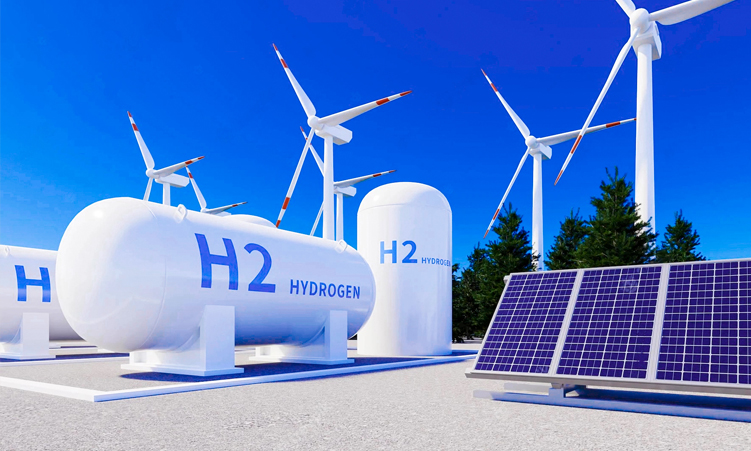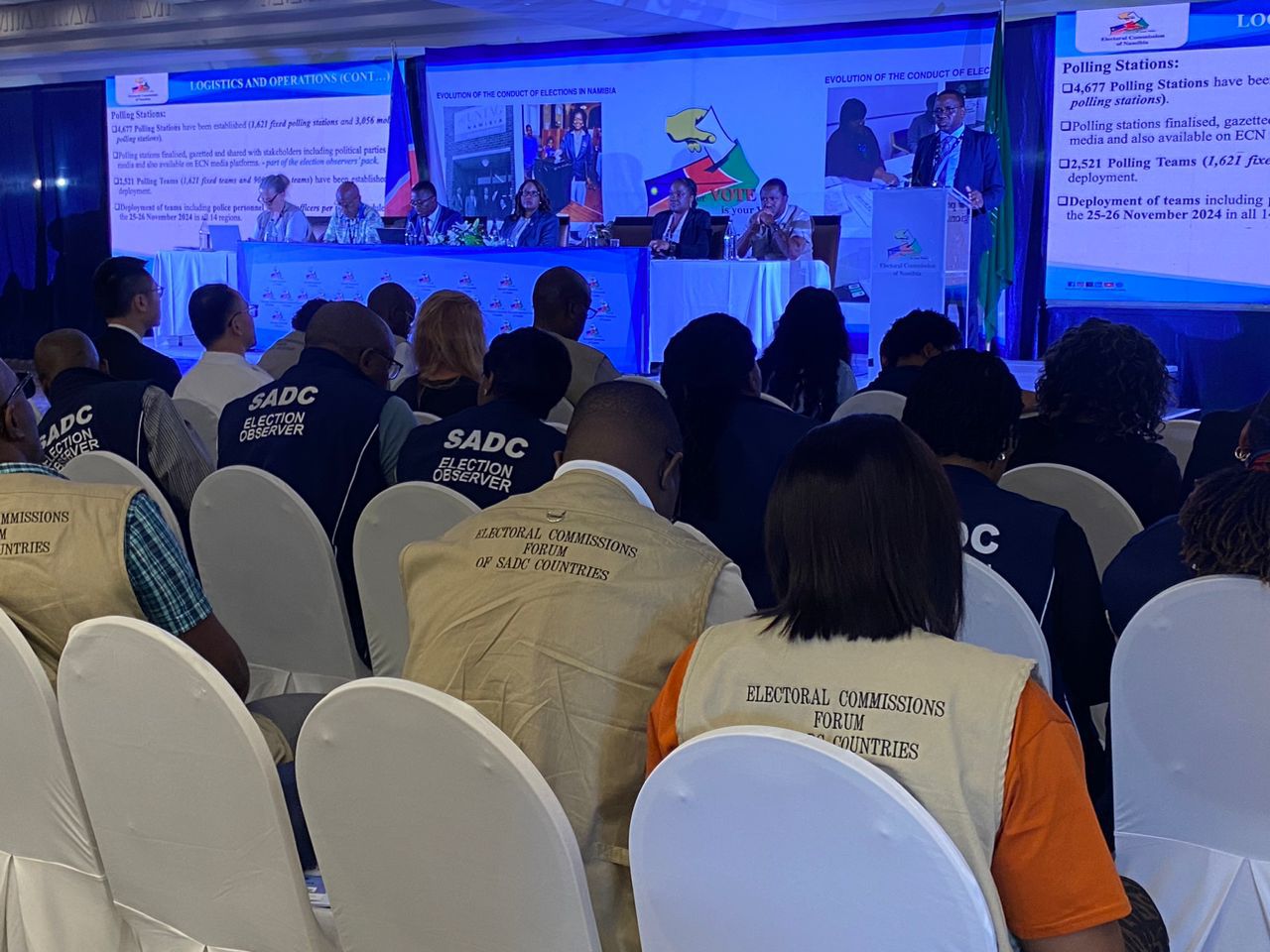Young people in Namibia want to be empowered to be able to take advantage of the opportunities presented by the new green hydrogen industry.
This comes after a panel discussion by the Institute of Public Policy Research (IPPR) organised by the United States embassy and the IPPR on Tuesday.
Speaking at the discussion, 10 Billion Strong chief executive Patrick Arnold said Namibia aims to become a key player in the green hydrogen industry by the end of the next decade and the youth are eager to find ways to be part of this burgeoning field.
The panel emphasised the importance of leveraging existing skills and identifying in-demand jobs to capitalise on opportunities arising from the green sector’s growth.
Suzie Shefeni from IPPR highlighted the particular need for electrical workers specialising in solar, wind and hydro energy.
She said, however, beyond technical and electrical engineering skills, there is also a shortage of project developers.
“The skills we found deficit in Namibia are within renewable energy finance. Investment promotion and project management are two spaces that are in need of more Namibian people to specialise in,” she said.
Produced through sustainable energy sources of wind, solar and hydropower by splitting water molecules, green hydrogen has the potential for Namibia to become the next global energy powerhouse and create a sustainable job market for the youth.
Green hydrogen is not a far-fetched idea anymore.

Kaoko Green Energy Solutions founder Sakaria Nalusha has expressed optimism about Namibia’s potential to become a global energy powerhouse.
Nalusha stressed the importance of integrating green hydrogen into the country’s energy mix and changing the perception that it is a highly pressured and dangerous fuel.
“We are trying to bring green hydrogen as fuel to the Namibian people,” he says.
Namibia Energy Forum’s Fanuel Shinedima said green hydrogen is accessible, not only to the well-educated but to every Namibian.
He said the youth should equip themselves with the relevant skills to participate in this sector.
The Covid-19 pandemic reinforced the necessity for young people to sustain their livelihoods independently.
Impact Tank Namibia’s Neil Swanepoel emphasised their mission for the youth to improve their livelihoods by supporting entrepreneurs and fostering ventures with strong socio-economic impacts.
The discussion highlighted the green hydrogen sector’s diverse opportunities beyond traditional roles, encompassing project development and other ancillary services necessary for the industry’s growth.
The discussion concluded that by focusing on skills development and entrepreneurial support, Namibia can ensure that its youth are well-prepared to take advantage of the green hydrogen boom.
This inclusive approach to green hydrogen aims to demystify the technology and make it accessible to all Namibians.
As the country positions itself as a global leader in renewable energy, the active participation of its youth will be crucial in driving sustainable economic growth and energy innovation.
Stay informed with The Namibian – your source for credible journalism. Get in-depth reporting and opinions for
only N$85 a month. Invest in journalism, invest in democracy –
Subscribe Now!






